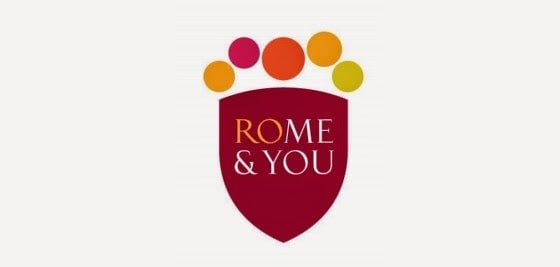Italians don’t think it’s “cool” when their navy speaks English
Italy’s navy, the Marina Militare, is the country’s favorite military body. It wears a glamorous uniform (check out the capes), befitting the romance of a life at sea, protecting a country that dips its leg (boot and all) into the Mediterranean.


Italy’s navy, the Marina Militare, is the country’s favorite military body. It wears a glamorous uniform (check out the capes), befitting the romance of a life at sea, protecting a country that dips its leg (boot and all) into the Mediterranean.
So the Ministry of Defense’s advertising campaign urging Italians to “Be cool and join the navy,” launched at the end of 2014, wasn’t a big stretch.

At first it seemed successful: The campaign generated a 20% increase in applications to join the Marina, according to the ministry—though it’s hard to tell whether the campaign is responsible, or the heroic reputation the navy has built with its dramatic rescue operations off the coasts of Sicily.
But the campaign also generated some outrage—not because of the message, but the language it was delivered in, English. Even more than they love their navy, Italians love their language—and many of them from across the political spectrum were appalled to see English replace Italian in their public communication.

Several have commented on the Marina’s Facebook page, criticizing the choice of English as a sign that Italy is a “slave to NATO.”
The first wave of outrage against the campaign were right-wing politicians, who have in the past protested the removal of Latin from Italian government buildings. But the critics came from across the spectrum: Many commentators said the use of English was unnecessary, another stroke in the Anglicization of public speech.

Indeed, between Prime Minister Matteo Renzi’s signature reform being called the “Jobs Act,” and a new logo for Rome—with the motto ”RoMe & You”—Italians are seeing a lot of English lately.
An influential Italian communication consultant, Annamaria Testa, has even launched a Change.org petition seeking “intervention for the Italian language.” Titled #dilloinitaliano, (“say it in Italian”), it asks public administration, government and companies to “speak as they eat”—Italian. Started earlier this month, the petition has collected over 57,000 signatures.